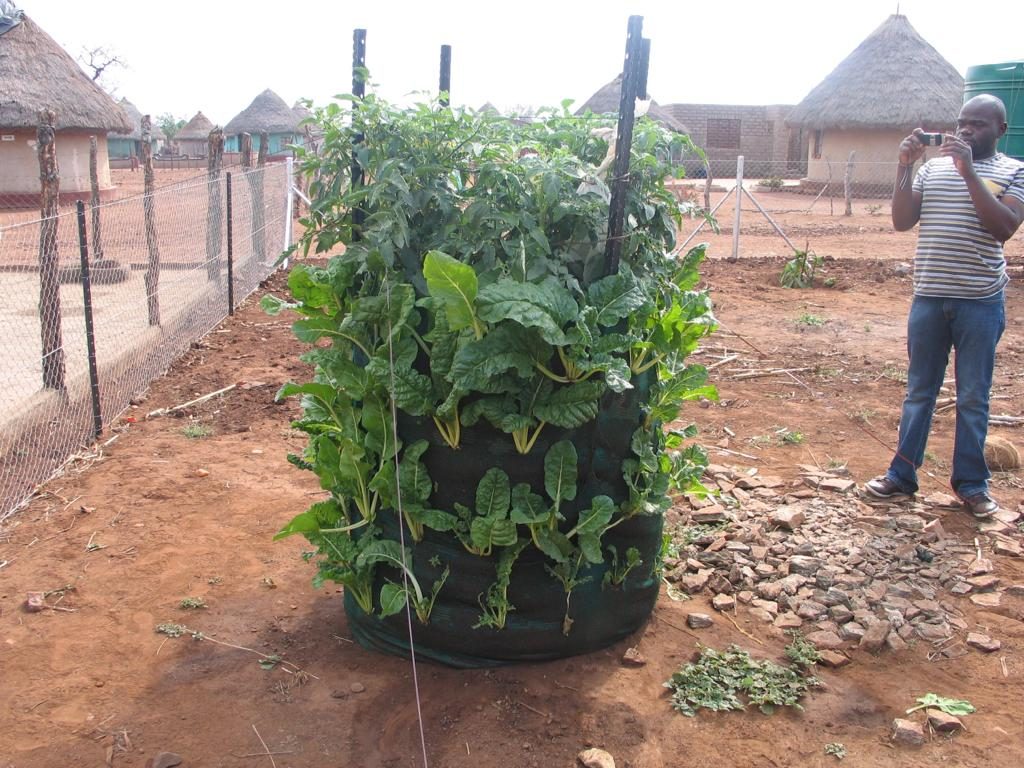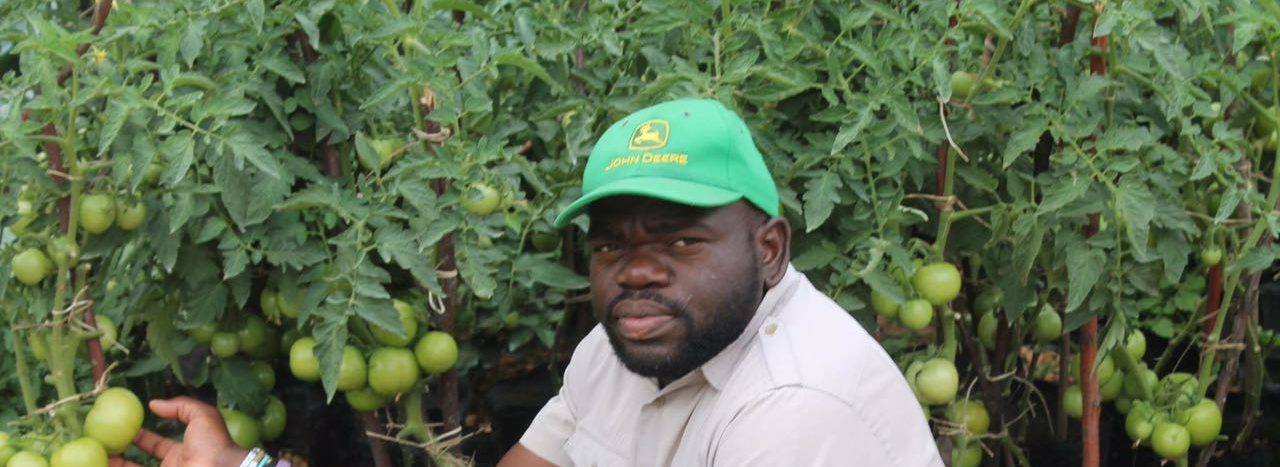
Back in 2009 while I was still working for the Department of Agriculture: Water Use and Irrigation directorate we implemented a Climate Smart Agricultural project as an adaptation strategy to draught caused by climate change. The project was implemented in Muyexe village, Muyexe is a remote village and rural township in the Mopani District, Limpopo Province, South Africa neighbouring Kruger National park.
The national Comprehensive Rural Development Programme (CRDP) identified Muyexe as one of the poorest villages in South Africa, noting that it lacked basic services such as water, electricity, proper roads, or adequate housing. The CRDP promised to help the local farmers farm more productively by providing tractors, irrigation system and other agricultural equipment.
The village was identified as one of the poorest
villages in the country, with no basic services such water, electricity, proper
roads and housing developments. The villagers depend on their livestock to
survive, constantly battling challenges such as wild animals that attack and
eat the cattle and goats. During the visit, villagers complained about having
to buy water from people who control the boreholes.
Due to lack of water resource in the area we implemented a Tower Vegetable garden which is a Climate Smart Agricultural approach which sustainable use grey water( dish wash water, laundry water etc) for irrigation “waste was turned into wealth”, to achieve household food security and mitigate malnutrition . A mixture of Kraal manure ,wood ash, silt ,rocks and soil was used as growth medium. The Kraal manure is for plant nutrition, wood ash is for grey water purification and silt is for drainage.
The project was implemented using a rural participatory approach, farmers and students were involved in the implementation process as strategy to train them to enable them to spread further this innovation.

